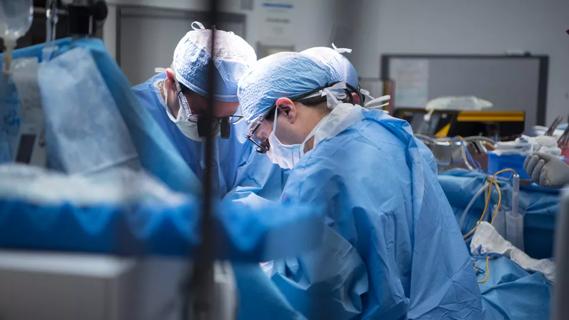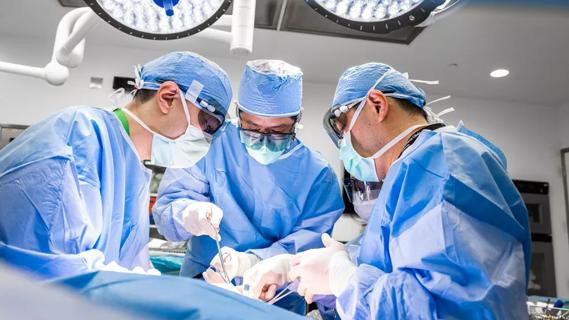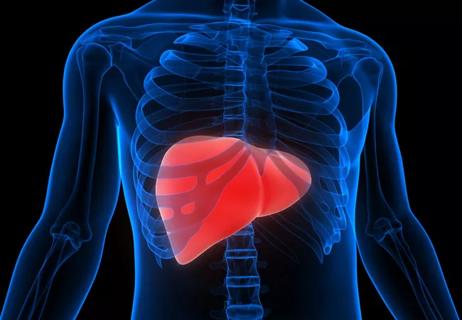Experienced team approach leads to better outcomes

Reoperative surgeries — including revisions, and those necessary due to disease recurrence — are one of the most common reasons for referrals to Cleveland Clinic’s colorectal surgery program.
Advertisement
Cleveland Clinic is a non-profit academic medical center. Advertising on our site helps support our mission. We do not endorse non-Cleveland Clinic products or services. Policy
“We see one of the highest volumes of complex reoperative cases in the country,” says colorectal surgeon Jean Ashburn, MD. “Caring for so many of these patients over many years has helped us learn what methods work best to get our patients back to the life that they desire and deserve to have.”
Because of this diversity, the department relies on a multidisciplinary approach. The surgeons work closely with specialists in gastroenterology, radiology and pathology to ensure better outcomes.
Dr. Ashburn understands the unique challenges these patients face. “Many of our patients have been a prisoner of their disease for a very long time, long before we meet them,” she says. “They are frankly just sick and tired of being sick and tired. It is incredibly rewarding to help these patients conquer their disease and reclaim a better quality of life.”
To address these unique challenges, it is important to work with referring physicians. As Dr. Ashburn notes, “We appreciate being entrusted with the care of these patients through referrals from our region as well as nationally and internationally.”
Advertisement
Advertisement

Strong patient communication can help clinicians choose the best treatment option

ctDNA should be incorporated into care to help stratify risk pre-operatively and for post-operative surveillance

The importance of raising awareness and taking steps to mitigate these occurrences

New research indicates feasibility and helps identify which patients could benefit

Treating a patient after a complicated hernia repair led to surgical complications and chronic pain

Standardized and collaborative care improves liver transplantations

Fewer incisions and more control for surgeons

Caregiver collaboration and patient education remain critical